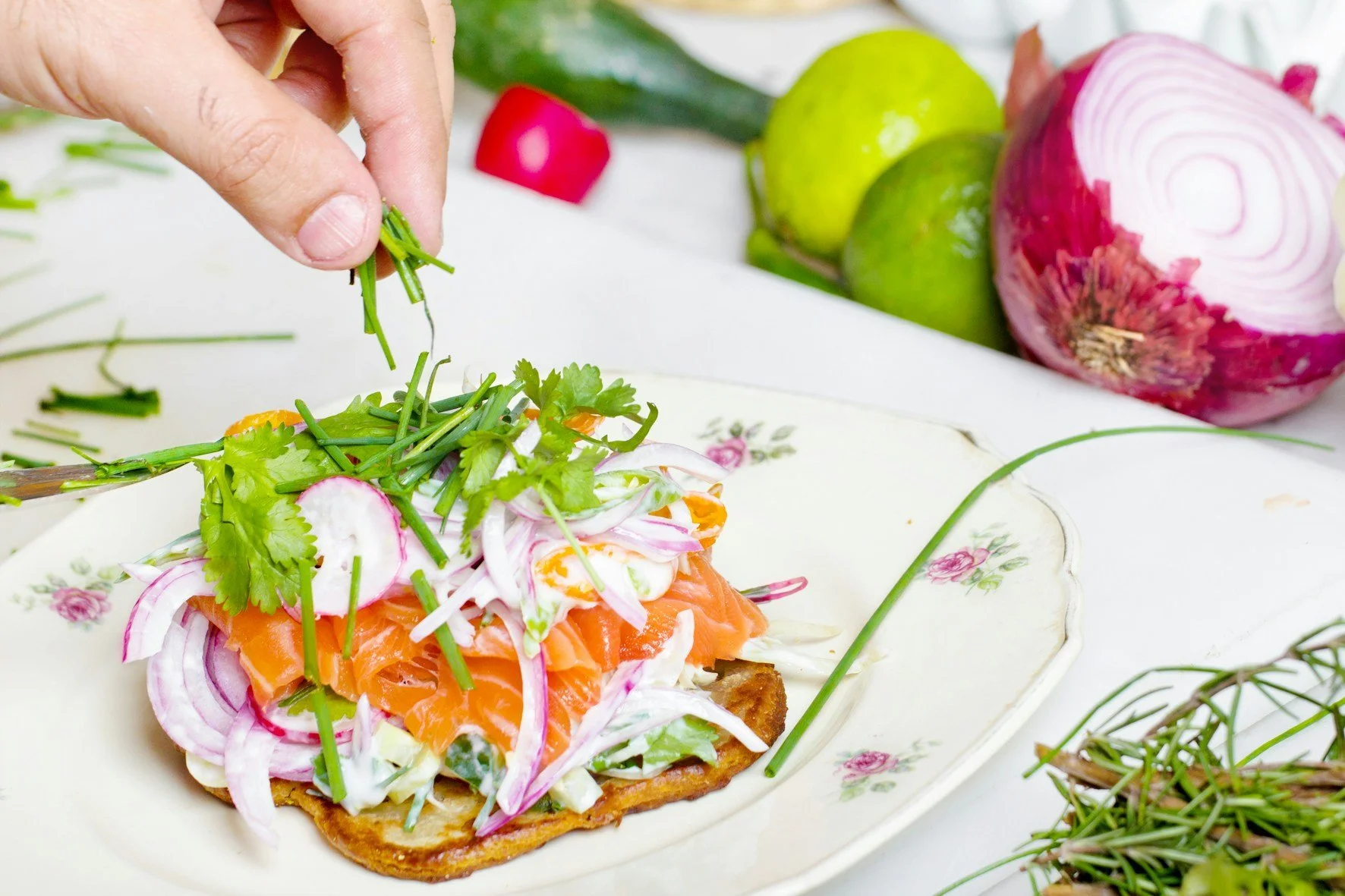Are you getting enough zinc in your diet?
Are you catching every cold that comes around, bruising easily, losing more hair than usual or feeling anxious and foggy? If so, this vital mineral might be lacking. Getting sufficient zinc in your diet can make a big difference in how you look, think and feel, so let’s explore how to ensure you’re getting what you need.
What is zinc?
Zinc is a micronutrient (something you need in small amounts). More specifically, it is a trace mineral that is essential for growth, development and immune function. It is involved in over 300 enzyme reactions throughout the body.
How zinc works in the body
There are many body systems that rely on zinc to work optimally. Some of its key functions include:
Cell growth and DNA – zinc’s most essential role is in the formation of DNA, the blueprint of your life! This is needed for growth and repair throughout the lifespan, but is particularly crucial for pregnancy and early childhood when the body grows rapidly.
Immune system functions – zinc helps your body to fight off infections and aids white blood cell function
Free radical protection – zinc acts as an antioxidant, protecting you against premature ageing and disease caused by free radical damage
Wound healing – if you’re injured or have any kind of wound, zinc is the key nutrient for repairing that damage
Skin health – along with repair, zinc also plays a role in collagen production, making it critical for your skin
Sensory functions – your sense of taste and smell depend on zinc. Without it, you can experience changes or even loss of the senses
Digestive function – one of zinc’s major roles in digestion is the production of digestive enzymes. Without enough, you can struggle to digest your food and lose appetite
The effects of low zinc
So now that we know the many ways that zinc works, what happens if we’re not getting enough? The side effects aren’t pretty – some of the symptoms include:
Poor immune function and frequent illness
Slow wound and injury healing
Hair loss
Skin concerns such as acne and eczema
Impaired taste and smell
Poor appetite
Digestive symptoms such as gas and bloating
Slow growth and development in kids
Pregnancy loss and infertility
Cognitive effects such as poor memory and impaired learning
Depression and anxiety
Who needs more zinc?
We all need a certain amount of zinc to support its many functions in the body. However, there are some who have higher demands for zinc compared to the average person. This includes:
Those who are pregnant or breastfeeding – growing and nurturing a little one takes up a lot of nutrition! But zinc is particularly important for supporting the process of human life from conception through to birth and childhood, thanks to its role in development.
People on a vegetarian/plant-based diet – as many dietary sources of zinc are animal-based, it can be tricky to get enough when not consuming them. So if you are vegetarian, vegan or primarily plant-based, you’ll need to focus in on plant-based sources and potentially consider a supplement.
Athletes and intense exercisers – those who work out frequently have higher demands for zinc, thanks to its role in repair and recovery.
How to get more zinc in your diet
So how can you get plenty of this mineral into your body? Whenever it comes to nutrition, your diet is always the first step. And luckily, zinc is easy to find in a variety of foods!
Reach for zinc-rich options such as:
Beef
Chicken and eggs
Fish and shellfish
Legumes such as chickpeas and lentils (consider soaking or sprouting to increase absorption)
Nuts and seeds including almonds, cashews, hemp seeds and pumpkin seeds
Wholegrains such as oats, quinoa and brown rice
Dairy including milk and cheese
And if you struggle to include these foods on a daily basis or are unable to eat many of them? It may be time to seek advice from a qualified health professional. We can help you to tweak your diet as well as select an appropriate dose and form of zinc supplementation if needed.

